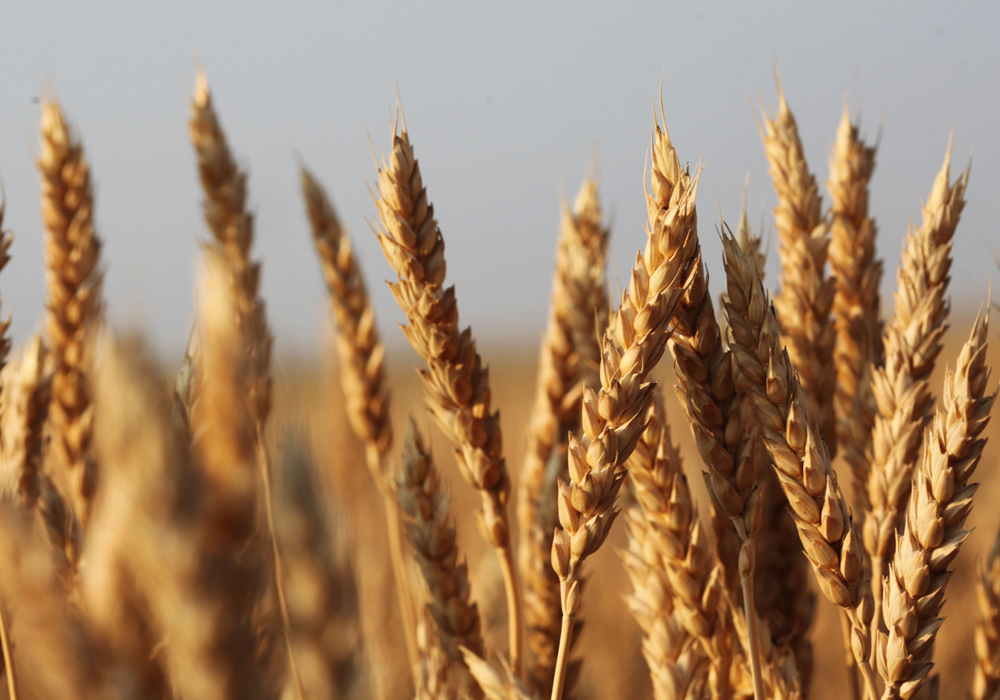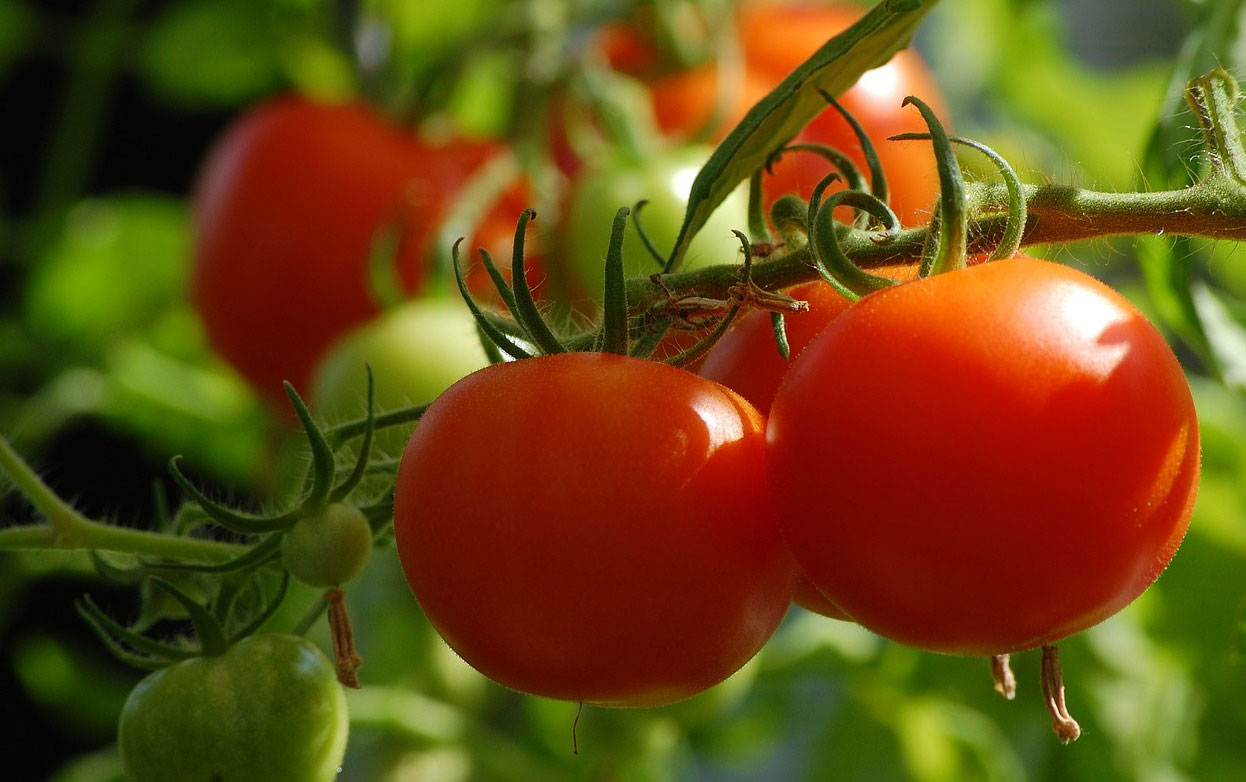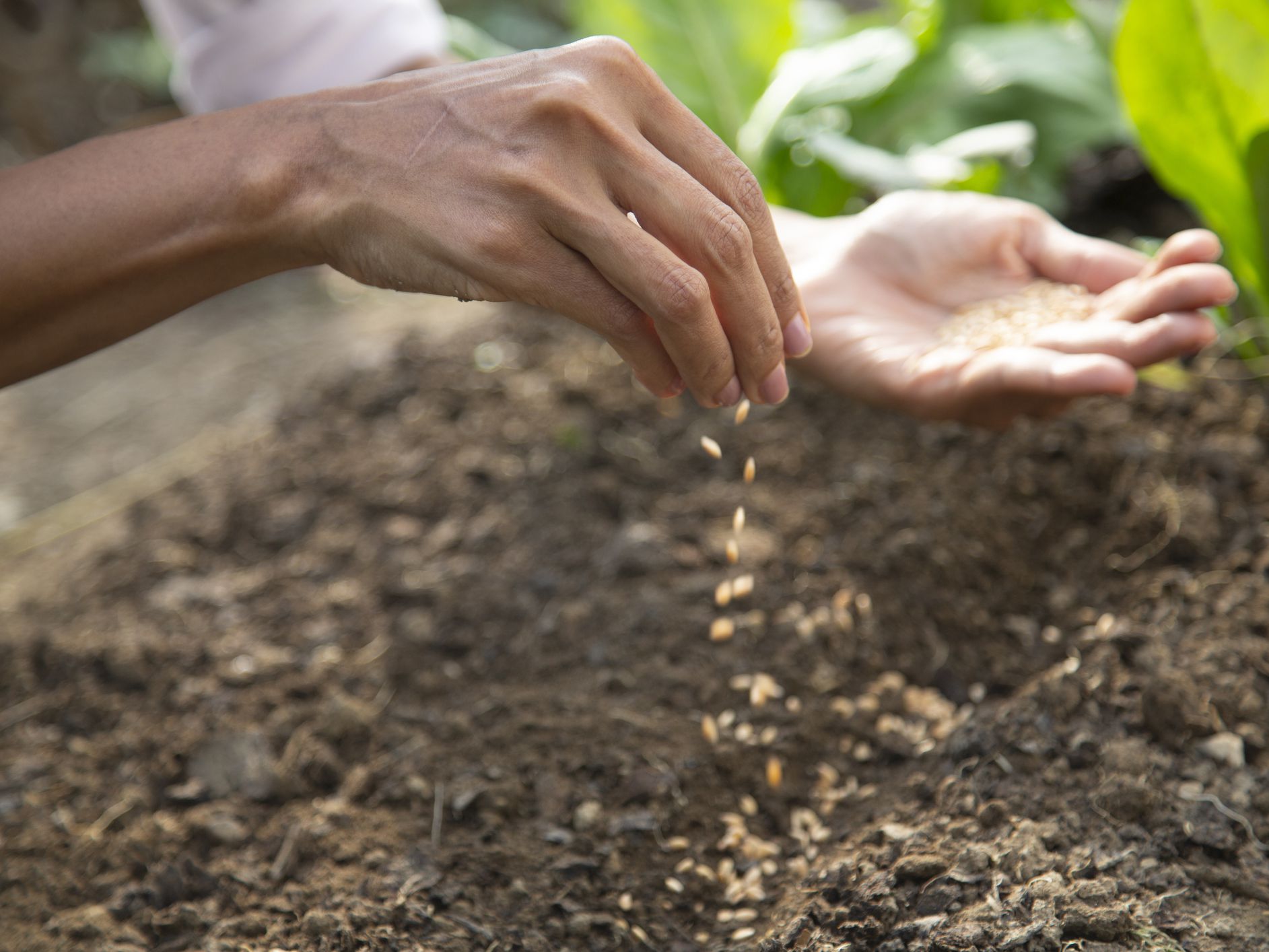Officials are warning farmers to be extra vigilant in the coming weeks as a "widespread fall armyworm infestation" continues to wreak havoc across crops in Queensland and northern NSW — threatening winter cereals.
Back in February, Yahoo reported that a "perfect storm" of conditions contributed to the reemergence of the unwelcome backyard bandit, after a season of prolonged summer rains across much of the east coast.
Commonly referred to as lawn grubs, residents in Queensland earlier reported that fall armyworm (FAW) infestations ruined their yards, with farmers scrambling over how best to deal with the notorious species of pest, that was first discovered in Australia just four years ago.
Now months on, authorities are reissuing their plea, warning Aussies to be extra wary of the invasive species, with oats, wheat, barley, triticale and rye all on the chopping block.
Winter cereals threatened amid fall armyworm infestation
These winter favourite cereals are particularly susceptible to the fall armyworm, with regions including the Lockyer and Fassifern Valleys, the inner Downs, Southern Downs, Western Downs and Central Queensland currently copping the brunt of the infestation.
Speaking to Yahoo News Australia, a spokesperson for Queensland's Department of Agriculture and Fisheries said "the drivers" aren't completely clear because "we have limited experience with FAW in Australia", with it having only been discovered for the first time in the country in 2020.
"[The infestation] is likely to be linked to favourable environmental conditions including rainfall that has resulted in abundant hosts (crop and non-crop), high humidity and temperatures, and crops being suitable and available for longer," the spokesperson told Yahoo.
"This is the first year since the arrival of FAW that we have seen widespread infestation of winter cereals resulting in crop loss. "There were significant areas of crop loss through late February and March, but cooling temperatures have slowed FAW populations and reduced the overall risk of crop loss."
Though reports received through May "have reduced", the pests are "still trickling in from the more easterly zones where temperatures are still mild" and farmers must check "all winter cereals within 10 days of emergence", the spokesperson added.
Agriculture authorities warm farmers to 'delay planting crops'
"Forage crops can tolerate some defoliation once established, grain varieties will be less tolerant," they said. "If FAW is still active in your district, if feasible, delay planting susceptible crops until it is cooler will reduce the risk of damaging infestations of FAW.
"If crop loss has occurred and resowing planned, FAW larvae may still be present in the soil and may cause damage to the resown crop as it emerges.
"Check the soil and any remaining plants before resowing. Where crops are severely defoliated by FAW, neighbouring crops are at risk of infestation as large larvae walk out of the damaged crop looking for other sources of food. If FAW is detected, growers should seek support from their local agronomist."
The species originated in the Americas and after arriving on the Australian mainland four years ago, they're almost certainly here to stay.
There is plenty farmers can do to fight back, including crop checks, pesticides, and biological controls such as wasps, however there is no panacea. According to the experts, the FAW has never been eradicated from any country it has invaded.
Source - https://au.news.yahoo.com













